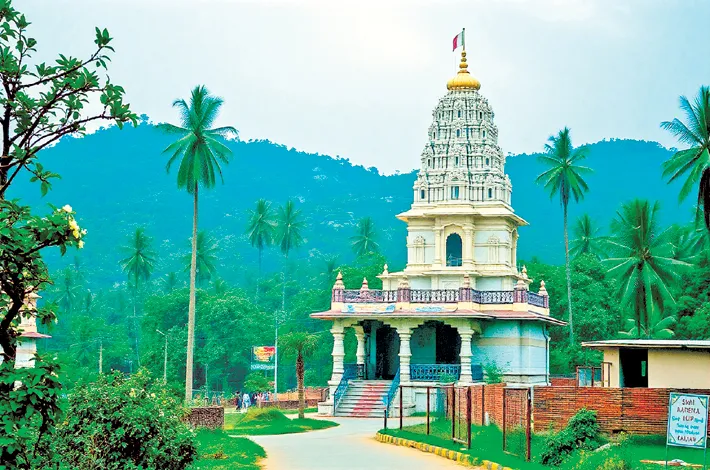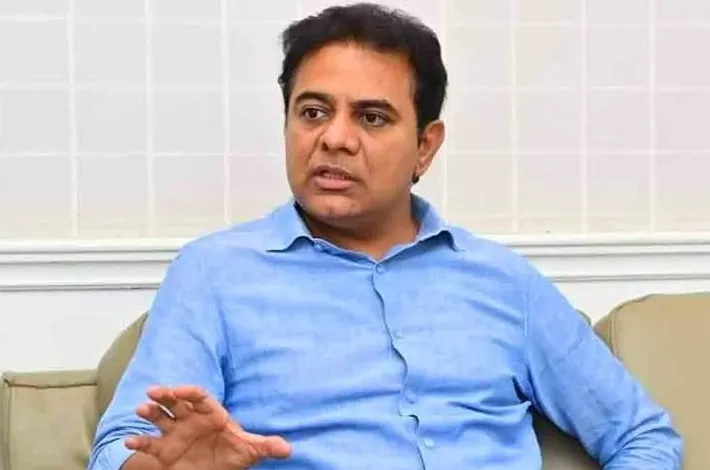The Shadow of the Satyanarayana Temple
12-09-2025 12:00:00 AM

In the quiet town of Annavaram, nestled in the lush East Godavari district, the air was thick with the scent of jasmine and the hum of devotion. The Sri Veera Venkata Satyanarayana Swamy Temple, perched atop a hill, drew thousands of pilgrims seeking blessings. But beneath the town’s spiritual veneer, a shadow loomed. A string of thefts had rattled the community, with priceless offerings vanishing from the temple’s sanctum. The local police were stumped, and whispers of a curse began to spread. That’s when Inspector K. Suryanarayana, a sharp-witted detective from Kakinada, was called in.
Suryanarayana, a lean man in his late thirties with a penchant for filter coffee and a disdain for superstition, arrived in Annavaram on a humid September morning in 2025. His jeep rattled up the ghat road, the temple’s gopuram glinting under the sun. At the station, Head Constable Rama Rao briefed him. “Sir, it’s been three thefts in two months. Gold chains, silver idols, even a diamond-studded crown—gone without a trace. No fingerprints, no witnesses. The priests think it’s the wrath of the deity.”
Suryanarayana smirked. “Wrath doesn’t pick locks, Rao. Let’s get to work.”
His first stop was the temple. The sanctum was a marvel of Dravidian architecture, its walls adorned with intricate carvings. Pilgrims thronged the premises, chanting mantras as priests performed the Satyanarayana Vratam. Suryanarayana met the head priest, Venkateswara Sastry, a wiry man with a flowing beard. “The deity is displeased,” Sastry declared. “These thefts are a sign. Only the pure of heart can appease Him.”
Suryanarayana ignored the sermon and inspected the sanctum. The offerings were kept in a locked chamber behind the idol, accessible only through a narrow passage. The lock was intact, the bars on the windows unbent. “No forced entry,” he muttered. “This is an inside job.”
He questioned the temple staff—priests, cleaners, security guards. Most were lifelong locals, their families tied to the temple for generations. One guard, a young man named Prasad, seemed nervous, his eyes darting to the floor. “You saw something, didn’t you?” Suryanarayana pressed.
Prasad hesitated. “Sir, I... I saw a shadow near the chamber last week. It moved too fast, like a ghost.”
Suryanarayana rolled his eyes. “Ghosts don’t steal gold. Describe the shadow.”
“Tall, thin, wearing a hood. It was after midnight, during my patrol.”
That night, Suryanarayana set up a stakeout. Hidden behind a pillar overlooking the sanctum, he sipped cold coffee from a flask, his eyes fixed on the chamber door. The temple was eerily silent after hours, the only sound the distant crash of waves from the Bay of Bengal. At 1 a.m., a figure emerged from the shadows—a hooded silhouette, just as Prasad described. It moved with practiced ease, producing a key and slipping into the chamber.
Suryanarayana pounced, tackling the figure to the ground. The hood fell back, revealing a woman in her twenties, her face defiant. “Who are you?” he demanded, cuffing her.
“Lakshmi,” she spat. “And you’ve just ruined everything.”
At the station, Lakshmi’s story unraveled. She was no ordinary thief but the daughter of a former temple trustee who had died in debt. “The temple committee cheated my father,” she said. “They siphoned donations, leaving us with nothing. I took what was rightfully ours.”
“How’d you get the key?” Suryanarayana asked.
“From my father’s old records. He had a duplicate made years ago.”
Suryanarayana wasn’t convinced. The precision of the thefts suggested more than a lone operator. He dug deeper, pulling financial records from the temple’s accounts. A pattern emerged: large donations were recorded, but smaller amounts consistently went missing before reaching the bank. Someone was skimming, and Lakshmi’s thefts were a convenient distraction.
He turned his attention to the temple committee. The treasurer, Gopal Rao, a portly man with a penchant for silk dhotis, was suspiciously evasive. Suryanarayana requisitioned his bank records through a contact in Kakinada. The accounts showed deposits far exceeding Rao’s salary, timed suspiciously close to the thefts.
Confronted, Rao crumbled. “I didn’t steal from the sanctum,” he stammered. “I just... adjusted the books. The donations are so large, no one notices a little missing.”
“And you let Lakshmi take the blame,” Suryanarayana said. “You knew about her father’s key, didn’t you?”
Rao nodded, sweat beading on his forehead. “I saw her sneaking around one night. I figured her thefts would cover my tracks.”
Suryanarayana arrested both Rao and Lakshmi. The stolen offerings were recovered from a locker in Kakinada, rented under Lakshmi’s alias. The town buzzed with the news, the “curse” debunked. At the temple, Venkateswara Sastry performed a special puja to restore faith, though Suryanarayana suspected it was more for show than spirituality.
As he drove back to Kakinada, the sun setting over the Godavari delta, Suryanarayana lit a cigarette. “Faith is a funny thing,” he said to Rama Rao. “It blinds people to the truth, but it also keeps them coming back.”
Rao chuckled. “And what’s your truth, sir?”
Suryanarayana exhaled a plume of smoke. “That there’s always another case waiting.”








